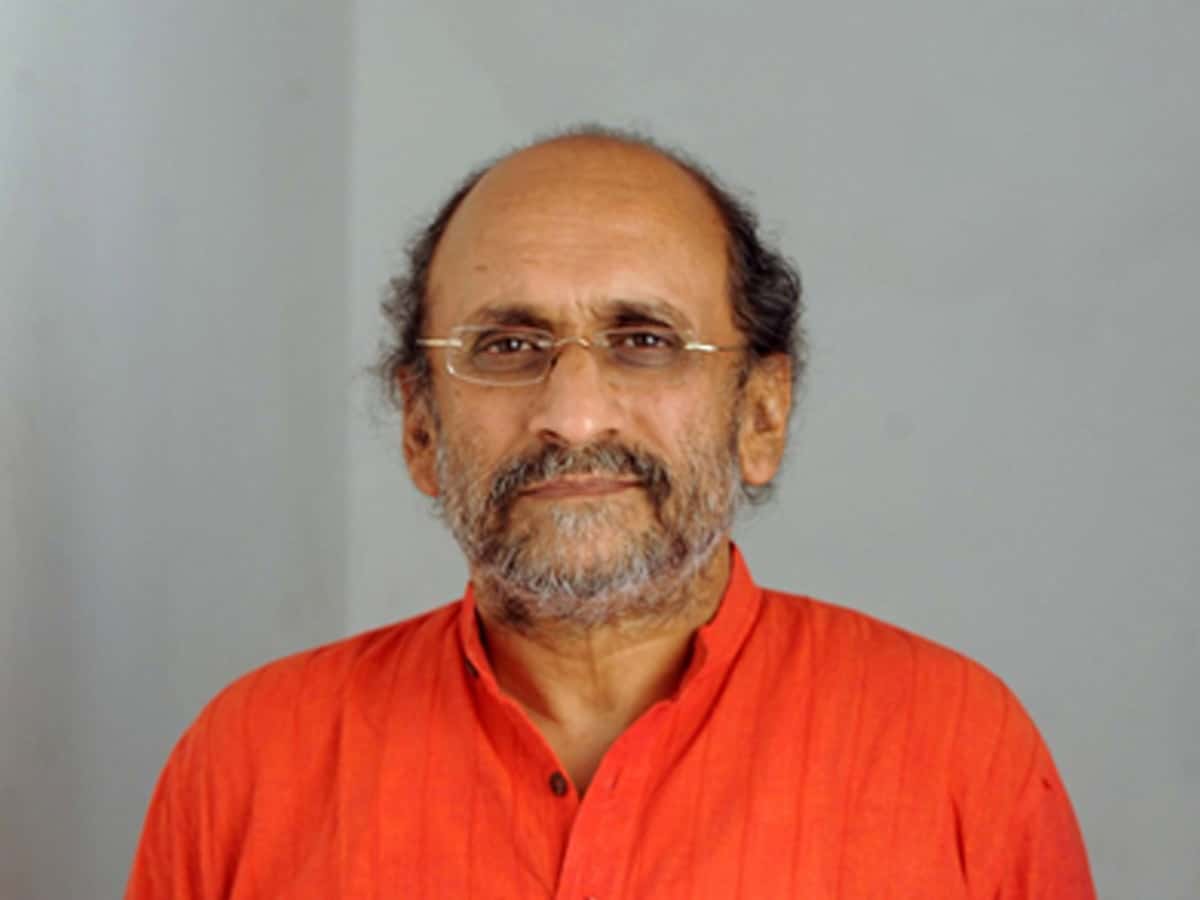Syed Hurairah
For decades the State has sought to muzzle a free press. The case was true during the British Raj, and after its demise. Even after more than 70 years of independence, the trend remains the same. A Gujarat court, earlier this month, issued an arrest warrant against eminent journalist and former Editor of the Economic and Political Weekly, Paranjoy Guha Thakurta, in connection with an Adani Group defamation case.
The recent spate of events, including the arrest warrant against Mr Thakurta, the Kerala government’s now-withdrawn intention of criminalising posts on social media, and Bihar Chief Minister Nitish Kumar-led government seeking to punish those who are critical of it are reminiscent of what transpired in the early 1950s in the newly annexed State of Hyderabad.
It was a tumultuous time; a time when the fate of Muslims, as reflected in the Hyderabad Legislative Assembly discussions, was a matter of concern, as was communalism, and violent communist activity, which brought up in a question of the Parliament in free India.
Certain sections of the press in 1950, given available records, were scathingly critical of the Indian Government. While some opined in stories, and editorialised articles that the Indian government was ignoring the plight of the peasants, others pondered on the Muslim question. The Government of Hyderabad – Deccan (Govt of Hyd – Dn) kept a close watch on what it described as ‘adverse’ clippings of the press.
Again, in 1950, a year in which Sardar Vallabhbhai Patel, the Home Minister of independent India, was to visit Hyderabad after its merger into the Union of India, the Government of Hyderabad –Deccan kept a close watch on what the press was reporting.
While one paper sought to opine that security being beefed up led to the creation of a gulf between Home Minister and the people, another sought to drive home the point that customs and sales tax were an issue and that fighting communists should be taken up by the Centre.
But it was one paper in particular, records show that had peeved the Govt of Hyd – Dn. The Jan Shakti, a Telugu paper which, according to certain officials, was ‘socialist’ in nature. The said paper had stepped on toes after it published an acerbic piece on the government of the day and the Home Minister. It was titled ‘Welcome Address’. Taking a dig at the Home Minister, it made clear of its sarcasm by crediting its author as a ‘Devotee of the Sardar’.
It took potshots at the Sardar, the Chief Minister, the Inspector General of Police Capt Monjappa, among others. In the most unflattering terms, it called the Sardar a ‘maharishi’ and alleged of excesses against young workers and Delhi’s Muslims.
Alarmed at these verses, the Govt of Hyd – Dn wrote to the Advocate General, seeking his opinion on a possible strong course of action against the paper.
The reply is telling of the stark contrast in the ruling dispensations’ relationship with the media and the freedom of speech and expression.
In a letter to the Home Minister, Govt of Hyd – Dn, the Advocate General agreed that the poem was ‘offensive’, and was intended to ‘create hatred and disaffection’ against Sardar Patel. But, given the freedom of speech and expression as mandated by the Constitution of India, and given to its citizens, there seemed to be no grounds to curtail said freedom of expression.
The Advocate General also pointed out that the word ‘sedition’ was removed from the very same Constitution of India by an act of amendment. The letter pointed to a judgment of a bench of the Supreme Court upholding the right of citizens to spread ‘disaffection against a particular government’, and that it would not be a violation of the law. Of course, threatening ‘an overthrow of the State’ was a different matter altogether. The verses, he opined, are not tantamount to an overthrowing of the State.
Describing the paper as a ‘rag’ which Sardar Patel not take notice of, the Advocate General criminal suit for slander could be a recourse for the affected parties, including Sardar Patel.
The said paper has been cited in several pages of government documentation in connection with stories and reports it had carried, and a meeting with its editor was arranged as the ruling dispensation vehemently disagreed with them.
The point is that even then, in the 1950s, a fragile time, the Advocate General had desisted from giving the go-ahead of the freedom of speech and expression, not only of the press, but also of individuals. This, irrespective of his unflattering opinion of the paper.
It is interesting that the sedition, which was removed by an amendment to the Constitution of India was by K M Munshi, was ‘brought back’ by the Supreme Court of India. This is explained in detail by A G Noorani, one of the foremost jurists of India in Frontline Magazine. Mr Noorani explained in the article that sedition has roots in the ‘sin of racism’. “The Supreme Court’s ruling in 1962 gave birth to oddities. For example, in Nazir Khan in State of Delhi (2003) & SCC 458 at 488. Sedition was designed by a colonial regime to contain discontent. It yearned for acceptance and affection. It has no place in a democracy. But this is what the Supreme Court rules. Sedition was deliberately omitted from the Constitution. Section124 of the IPC became non essential. It was deliberately restored by the Supreme Court,” Mr Noorani concludes.

